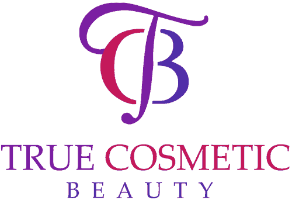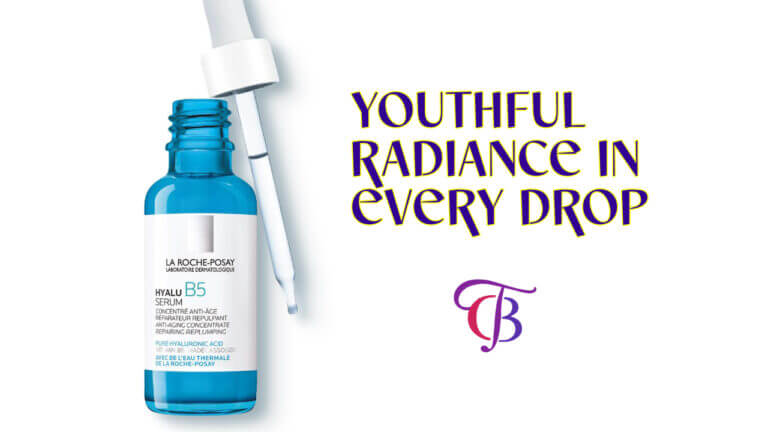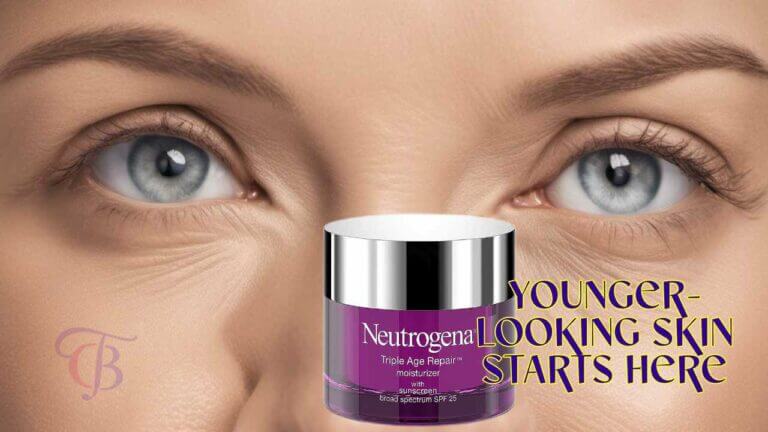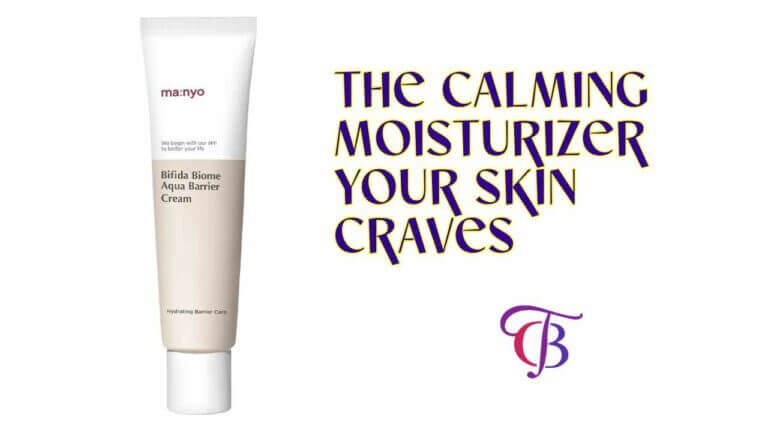What’s the Difference Between Facial Cleanser and Face Wash?
When you use a face wash, that is not considered washing your skin of its natural oils. These products are usually marketed as being better for your skin because they contain less oil than a facial cleanser. However, there’s no scientific proof that says one type of wash is more effective than the other! It is also important to remember that our skin does not like too much water so if you prefer a slightly heavier hand-wash, then choose a face wash with less liquid per call it out.
Face washes with lower alcohol content can actually be just as drying for your skin as using a cleansing cream or gel. This could cause your skin to overcompensate by producing even more excess moisture and dryness. You want to make sure your face wash doesn’t leave you feeling overly dried out.
This article will talk about the differences between a facials cleanser and a face wash and why it is essential to know the difference.
What does each do?
The first thing to know about face wash is what part of your skin it touches. Most face washes contain either water or cream as a liquid, and some include a surfactant to help strip away dead surface layer cells from your skin.
The second thing to note is that most face washes are marketed as being better for your skin than using a toned down version of shampoo as your washing product. That is because they use special ingredients to emphasize how well their products work in cleaning your skin.
Some people may feel that including more additives into your routine has an overall negative effect on your skin, but there’s no proof that this is actually the case. All we really know so far is that chemicals exist, humans apply them to our skin, and some people seem to get rashes or other issues when they do.
That said, there are some types of face washes that are closer to shampoos in their ingredient profile and while they won’t make your skin dry or irritable like a cleaner with too many additives can, they don’t leave your skin feeling cleanly protected either. If you find that one type of cleanser doesn’t satisfy your skincare needs, trying another brand might be worth looking into!
General tips: Use a good amount, especially around your nose and mouth. For those with sensitive skin, start out using a lower strength and increase it over time.
Which should I use?
Having a clean face is very important, as your skin can get picky when you don’t. Luckily, most people have a bit of a wash-down ritual that they do before washing their hands or cleaning their face, so there are some tips for making sure your face gets cleaned properly.
Firstly, make sure your wash up like this: Use a soft dry cloth to wipe away excess oils and dirt, and then rinse under running water.
You may also want to tone down your hand soap a little by adding one extra drop of liquid per cup of water. This helps reduce over drying and possibly irritating your skin.
Do I need both?
The term wash comes in very different forms, and depending on what type of wash you are talking about, whether it be for your skin or hair, there is a difference between the terms cleanser and wash.
A cleansing product that contains water and a surfactant (a molecule that helps remove dirt from the surface of something) is usually referred to as a wash. For example, when you run a bathtub full of water through a device such as a hand washing machine, this is considered a wash because it removes excess soil and debris off of your hands.
Something like use the same principle but in liquid form is typically called a cleanser — think about it- why put water in a bucket when you can have a bottle?!
Most people agree that using a slightly heavier amount of wash than cleanser will also do the trick, so why not just call them equal? That is why some refer to products with only soap or only powder as a wash or cleanse instead of the more formalizer worded cleaner!
There is no wrong way to use either one of these types of washes, unless you get really fancy and mix them together to create an advanced system.
Helpful tips for choosing cleansers
While there is no clear cut definition of what constitutes a wash versus a cleaner, you can usually determine if something is considered a wash or face wash by how it feels on your skin. If it does not feel too wet like soap, then it probably qualifies as a wash!
Most people agree that using a toned product is best to ensure your skin does not over-dry. Many believe this applies more to those who use a professional level of care for their skin. Overdoing dryness can be very harmful to your skin!
Many people also recommend using a light hand when applying products to prevent thickening of the cream. This is because most people assume that heavier applications are meant to be spread onto your skin more heavily, making it seem thicker.
Some experts suggest instead using a lighter application which then seems thinner to make it look more natural.
Helpful tips for choosing washes
Washers are not considered the best way to clean your face. They go one step further by using abrasive materials that scrape off all of the surface layers of your skin, including protective oils. This is why they are not advised as the main cleanser for dry or sensitive skin types.
Many people believe that products with special beads or balls work better than ones without them. However, there is no proof that this is true. Some companies may add the beads to look more appealing to the eye but then use less efficient surfactants to make it seem like their product works better.
Surfactant molecules help keep dirt away from your skin so they do contribute something to the wash. It just depends on what level you want to achieve and if you need the extra boost.
Try products on a patch of skin
The term wash comes with some ambiguous definitions, so let us clear that up! A wash is just water, whereas a cleanser is usually a solution containing a surfactant (sensor-sensitive liquid) or a detergent (dishwashing agent).
A facial cleanser contains both a surfactant and a solvent, making it more efficient at removing surface dirt than soap alone. However, they are not necessarily better for your skin than washing with only water.
Look for your face wash or cleanser label
Make sure you are looking at the labels properly! Both face washes and facial cleaners have different names, brands, and formulas. Some people may call them both cleansing products because they remove dirt and makeup from the skin, but there is a slight difference in what each one does.
A face wash should contain only water and some of the following ingredients: aloe vera, glycerin, sheasoo pure acid tone gel, apricot kernel oil, sunflower oil, vitamin A, and zinc. These are all natural ingredients that do not cause any reactions in our bodies.
Face washes with additional additives such as alcohol, tracyl methylcellulose, dimethicone, lactic acid, and/or xanthan gum are considered to be more effective than those without these additives.
These additives help strip away dead cell layer material which can prevent your skin from getting adequate moistureand protection. This could potentially make your skin dry and uncomfortable. It also may contribute to heavier than average amounts of acne due to the drying effect it has.
Look for the ingredients
Many people confuse face washes with facial cleansers. A wash is not considered a cleanser unless it contains either lactic acid or glycerin. Both of these are needed to help remove dirt, bacteria, and makeup from your skin!
Facials are usually categorized as being either basic, cleansing, or brightening. Basic cleansers will just strip away all the leftover grime and pollutants you may have accumulated during the day. Cleansing types use chemicals that dissolve dead cell layers in the process of washing your face.
Brighteners are typically oils or cream-based products that are applied directly onto the face. The oils/creams then seep into the pores to refresh the skin. Some examples include olive oil, coconut oil, or vitamin enriched masks.
This article will talk about how to tell the difference between a wash and a cleanser, what qualities are important for each type, and some product recommendations. But first, let us discuss the most common face wash vs. cleanse confusion.








